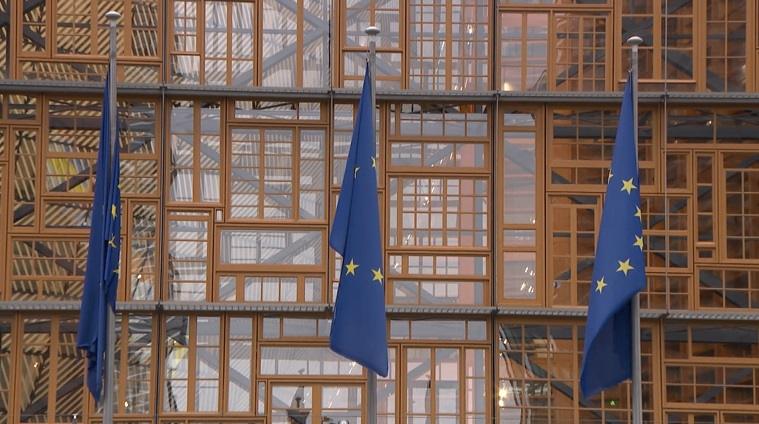EU Member States Agree on Bigger Cuts to Sustainability Reporting, Due Diligence Than Omnibus Proposal
The European Council announced an agreement by EU member states on the Council’s negotiating position on the Omnibus proposal to simplify and reduce sustainability reporting and due diligence requirements for companies.
The Council’s agreed position targets more significant cuts to the EU’s sustainability-focused regulation than the Commission’s initial proposals, particularly for the Corporate Sustainability Due Diligence Directive (CSDDD) – which requires companies to address their negative impacts on human rights and the environment across their value chains – with the Council proposing a dramatic reduction in the number of companies to be included in the scope of the law.
In a statement announcing the agreement, the Council said that its proposal aimed to reduce the reporting burden on companies and to limit “the trickle-down effect of obligations on smaller companies.”
The Omnibus package was released by the Commission in February, proposing a wide-ranging series of changes to regulations including the Corporate Sustainability Reporting Directive (CSRD), the CSDDD, the Taxonomy Regulation, and the Carbon Border Adjustment Mechanism (CBAM).
One of the most significant changes proposed by the Omnibus was a dramatic increase in scope for the CSRD, moving the regulation to cover only companies with more than 1,000 employees from the current 250 employee threshold, removing an estimated 80% of companies from the regulation’s sustainability reporting requirements. The CSDDD was adopted with a 1,000 employee threshold in 2024, but had initially been set to apply with a 500 employee threshold before last-minute changes.
The Council’s position maintains the Commission’s 1,000 employee threshold for the CSRD, but also adds a €450 million revenue threshold, further reducing the number of companies in the regulation’s scope. Additionally, the Council’s position included a new “review clause” regarding possible extensions of the scope of the CSRD, to be based on “an analysis of the needs for sustainability data to mobilise private investments towards EU Green Deal objectives… and the influence of sustainability reporting on the competitiveness of the EU undertakings,” as well as on the preparedness of companies to provide sustainability disclosures. The review clause called on the Commission to consider the possibility of establishing a “simplified reporting regime” when considering extending the scope of the CSRD.
The Council’s position on the CSDDD goes much farther than the Commission’s proposal, which did not address the scope of the regulation, with the Council establishing a new threshold for companies included in the scope of the sustainability due diligence regulation of 5,000 employees and €1.5 billion in revenue, removing the vast majority of companies. In its statement, the Council said that its proposal focused on only the largest companies as these “can have the biggest influence on their value chain and are best equipped to absorb the costs and burdens of due diligence processes.”
Among the Omnibus initiative’s key proposals for the CSDDD is a requirement for full due diligence only at the level of direct business partners, unless the company has plausible information of adverse impacts further down the value chain. The Council’s position shifts the focus of the CSDDD to a “risk-based approach” from the former entity-based approach in order to focus on “areas where actual and potential adverse impacts are most likely to occur,” and changing the requirement to carry out a comprehensive mapping exercise looking beyond direct business relationships to mapping based “on reasonably available information.” The Council’s position also delays the deadline for transposition of the CSDDD by a year to July 2028.
The Council’s CSDDD position also eases the regulation’s requirement for companies to implement climate transition plans, with a new requirement to adopt a transition plan and to outline implementing actions. Additionally, the Council’s position proposes postponing the obligation to adopt a transition plan by two years.
The new position will form the Council’s negotiating position with the EU Parliament, which still has to agree on its own position. Earlier this month, Parliament’s Omnibus rapporteur published draft amendments, which included sharp cuts to the CSRD scope, with a proposed threshold of 3,000 employees, and removing the requirement for climate transition plans from the CSDDD.
Following the agreement in the EU Council, Adam Szłapka, Minister for the European Union of Poland, said:
“Today we delivered on our promise to simplify EU laws. We are taking a decisive step towards our common goal to create a more favorable business environment to help our companies grow, innovate, and create quality jobs.”





